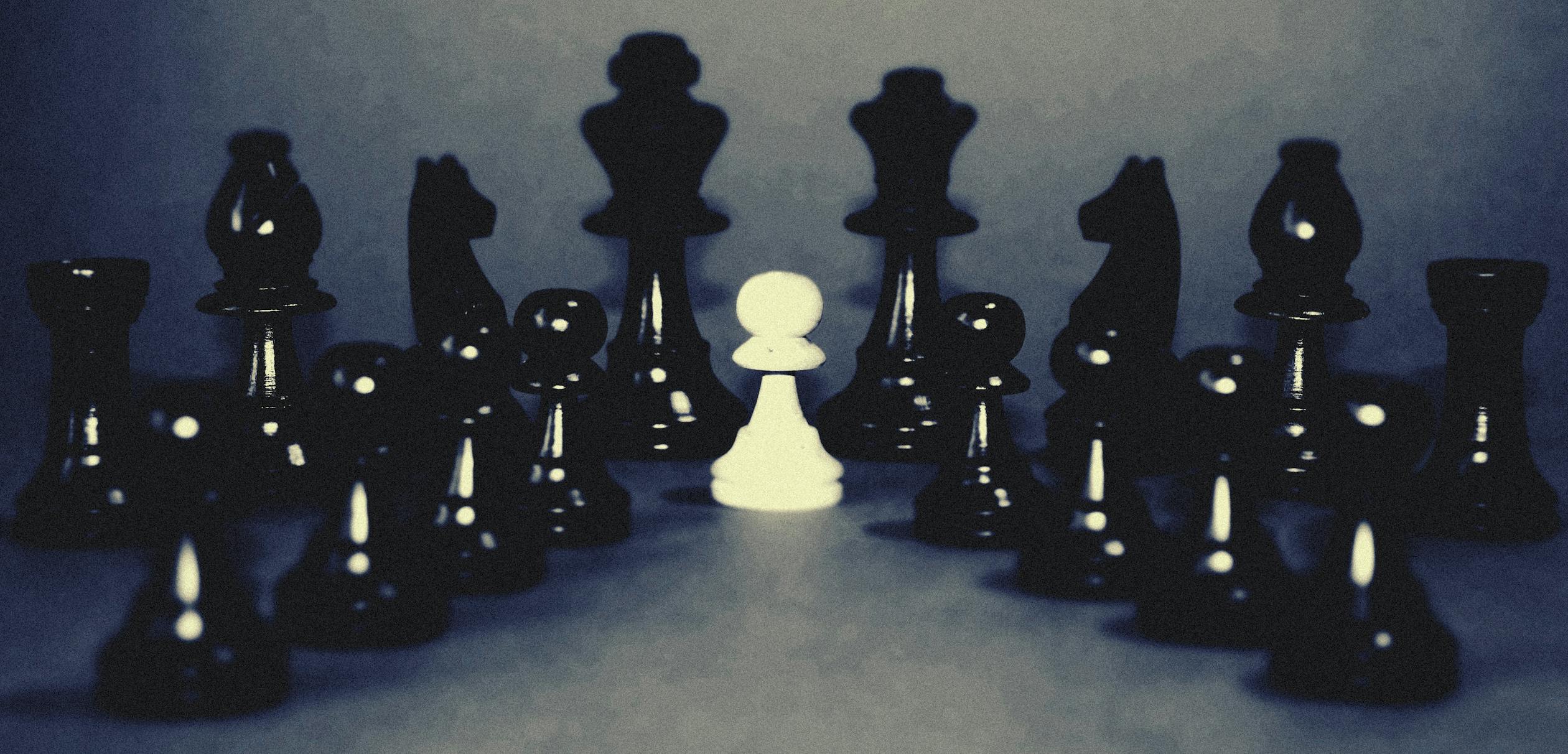The Problem of Evil (Pt. II)

We are all atheists about most of the gods that societies have ever believed in. Some of us just go one god further.
~Richard Dawkins
PoE II


The dynamic between intellectuals and faith is complex and constantly changing. In the early stages of Christianity, many non-Christian intellectuals were opposed to the faith. In the early modern period, many great scientific discoveries were actually fueled by religious devotion. Today, some intellectuals are once again attacking religion—but not all.
Much ink has been spilled by atheists in giving their numerous objections and responses to any conceivable argument for God's existence.
With regards to arguing against God's existence, a common argument from the atheist camp is known as the Problem of Evil. This argument states that the existence of all-powerful, all-knowing, all-loving God is incompatible with the existence with the unnecessary suffering that we see in the world around us. Since it is unreasonable to deny that unnecessary suffering exists, the atheists argue, the only rational response is to abandon belief in an all-powerful, all-knowing, all-loving God.
There are various attempted solutions to the Problem of Evil that, although initially appealing, either concede way too much to the atheist or are ultimately too weak; e.g., deism, the devil causes unnecessary suffering, etc. One strong, more popular, potential solution is the free will solution. We turn to the topic of free will next.

